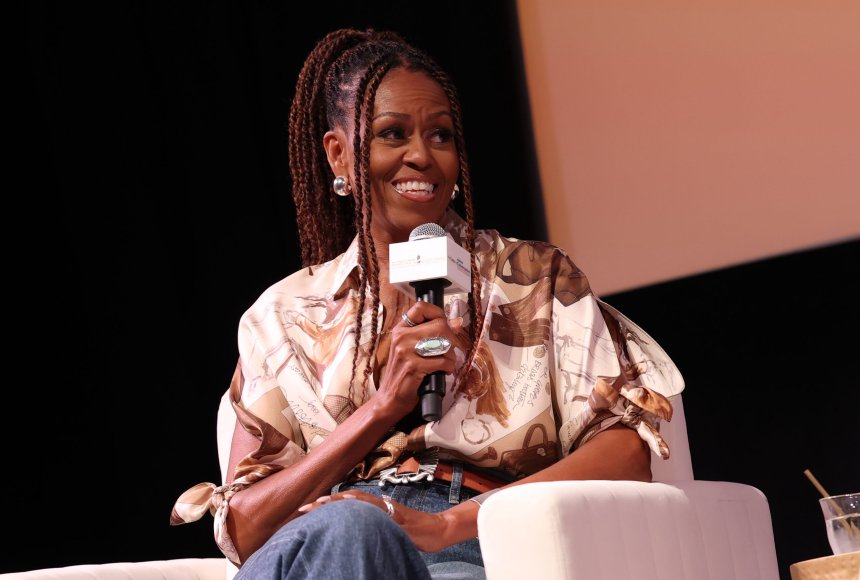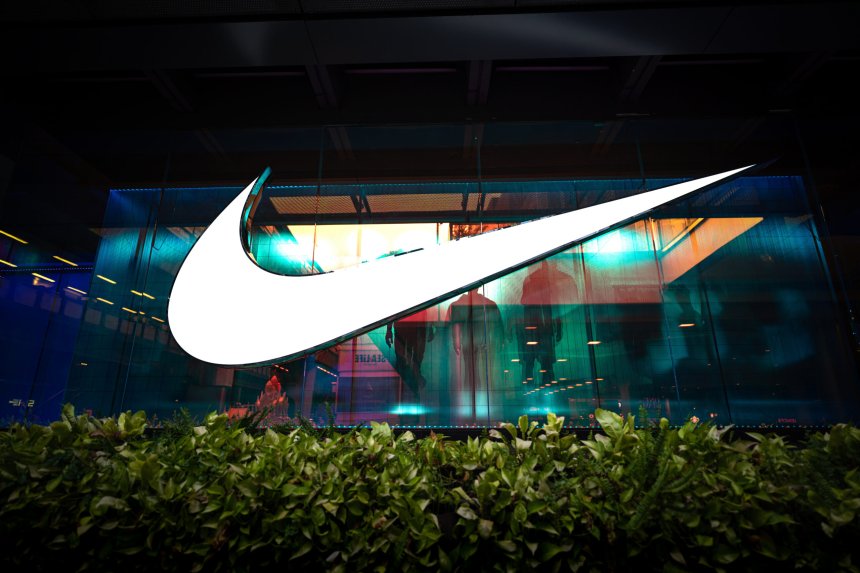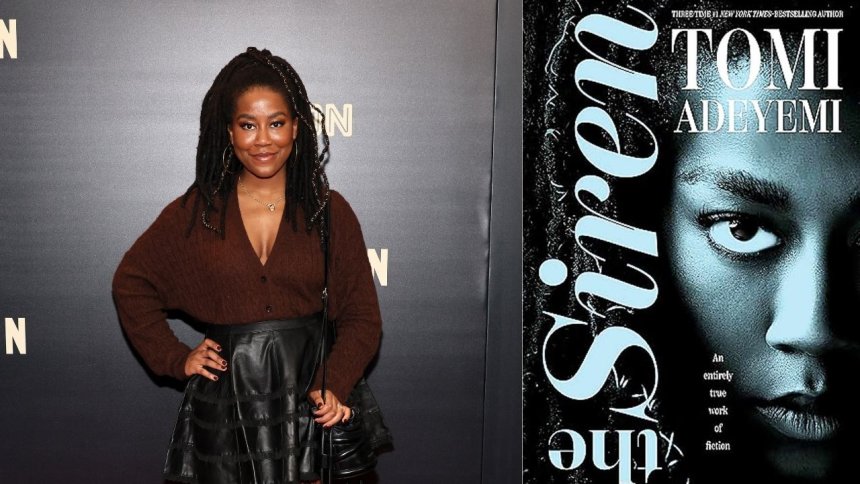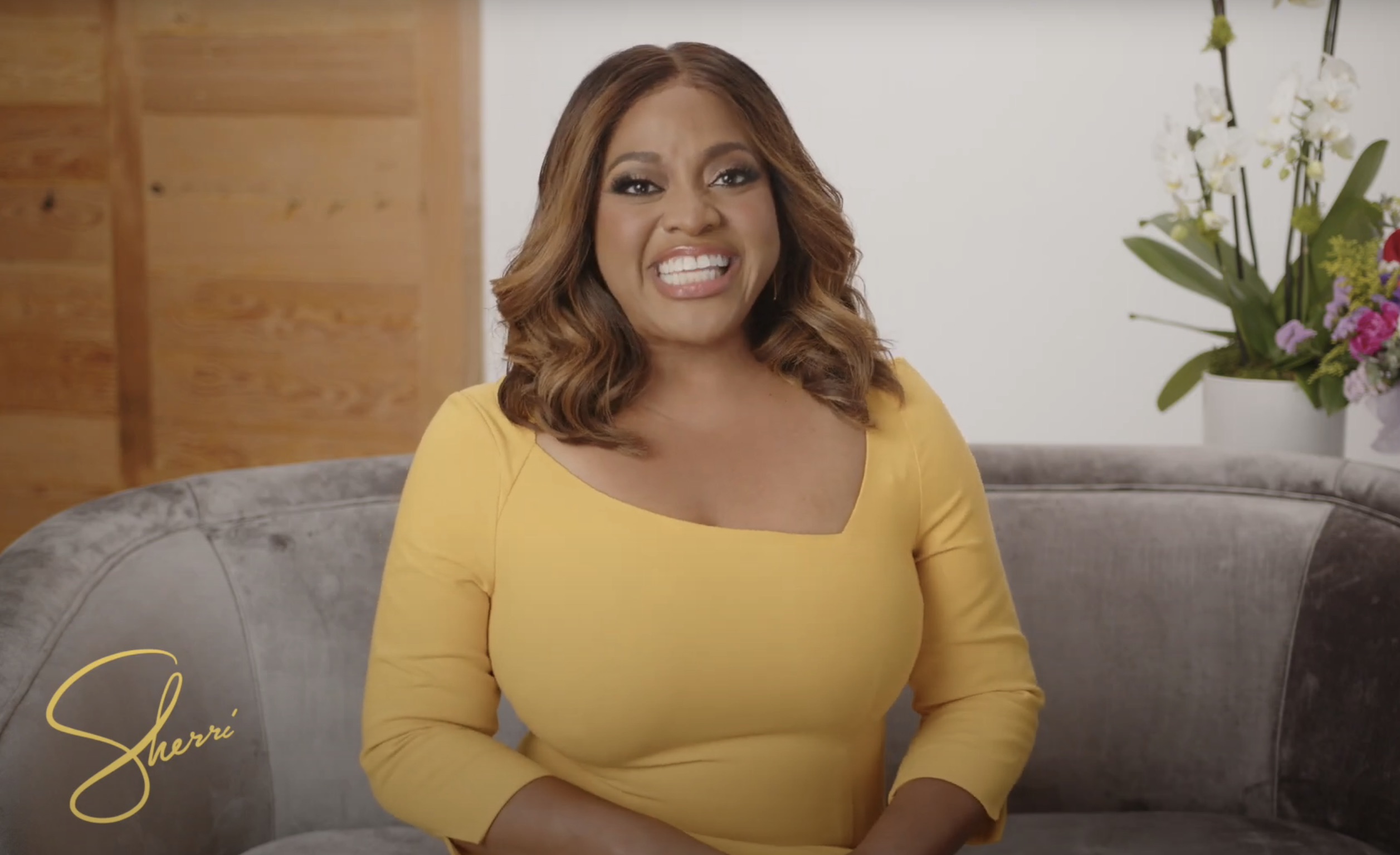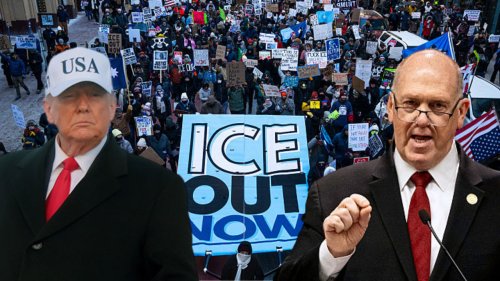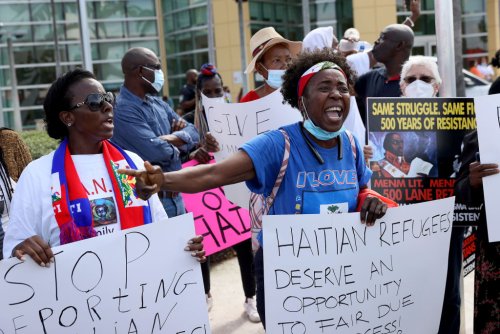My father never cried in front of me. Now I know why—and why that needs to change
OPINION: In this moving opinion piece, author Jonathan Conyers reflects on his father’s hidden pain—and calls on Black men to
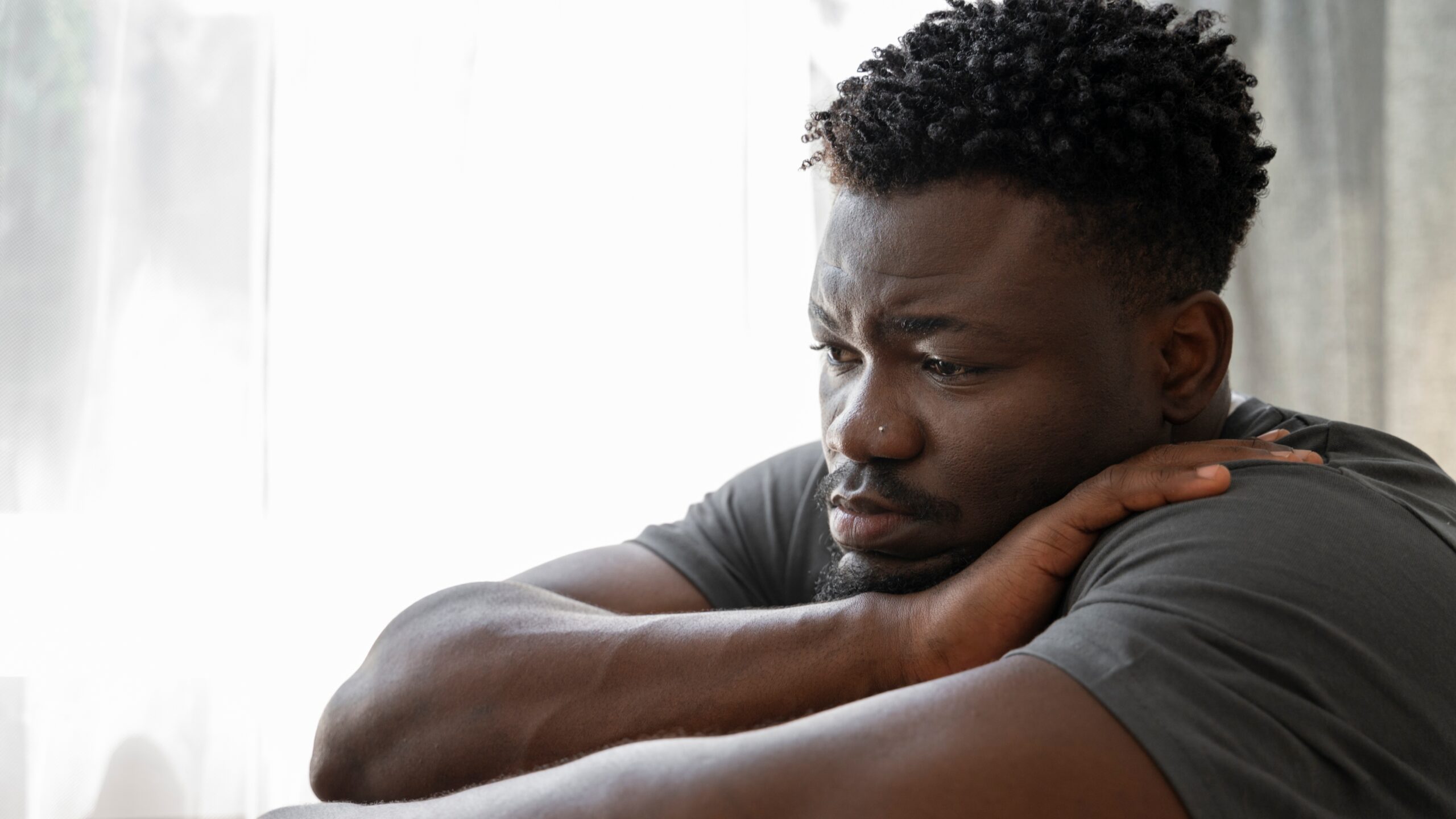
OPINION: In this moving opinion piece, author Jonathan Conyers reflects on his father’s hidden pain—and calls on Black men to embrace vulnerability and seek healing during Men’s Mental Health Month.
Editor’s note: The following article is an op-ed, and the views expressed are the author’s own. Read more opinions on theGrio.
I’ll never forget the first time I saw my father cry.
It was quick. Just a flash. A single tear ran down his cheek before he turned his back and pretended nothing happened. I was a kid, but even then I knew. Whatever pain he was carrying, he didn’t feel safe enough to show it. Not to me. Not to the world. Maybe not even to himself.
That moment never left me. And as I grew older, I understood exactly why he hid it. Black men are taught early that vulnerability is dangerous. That makes us look weak, soft, exposed. We’re conditioned to believe that silence is strength, that real men keep it moving, that asking for help is something other people do.
But that silence, that armor we wear is suffocating us.
June is Men’s Mental Health Month, and on this last day of the month, I can’t think of a more urgent time to say this out loud. Black men are in a mental health crisis, and we cannot afford to suffer in silence any longer.
According to the American Psychological Association, Black adults are 20 percent more likely to experience serious psychological distress than white adults, yet less likely to receive treatment. A report by the U.S. Department of Health and Human Services Office of Minority Health found that suicide rates among Black men have been rising steadily over the past decade, with Black youth seeing one of the most alarming increases. A 2021 Rutgers University study revealed that Black men are less likely than any other demographic to seek therapy, even when showing signs of clinical depression.
This is not a coincidence. It’s the result of generations of systemic oppression, racial trauma, economic instability, and cultural stigma. It’s the result of a society that too often dehumanizes us, over-polices us, under-employs us, and yet still expects us to bear it all with a straight face.
I’ve worn that mask too. I’ve smiled when I was breaking. I’ve poured into others while my own cup was empty. I’ve tried to be strong until I realized that strength without support is a slow death. It took me years and a whole lot of pain to understand that healing starts with honesty. It starts with giving ourselves permission to feel. To talk. To rest. To ask for help.
For Black men, survival has been the default. But we deserve more than survival. We deserve joy. We deserve softness. We deserve to heal.
This Men’s Mental Health Month, I’m calling on every brother to let go of the lie that you have to carry it all. Check in on your quiet friends. Go to therapy even if it feels uncomfortable. Talk to your son about how he’s feeling and tell him how you’re feeling too. Create spaces where vulnerability isn’t mocked but modeled. Where crying isn’t ridiculed but respected.
Healing is not a solo act. We need each other.
Let’s build a new legacy. One where strength and softness coexist. Where manhood includes mental wellness. Where we don’t wait until it’s too late to say I need help.
My father didn’t have the tools or the language to heal out loud. But maybe we do. And maybe we owe it to him, and to ourselves, to use them.
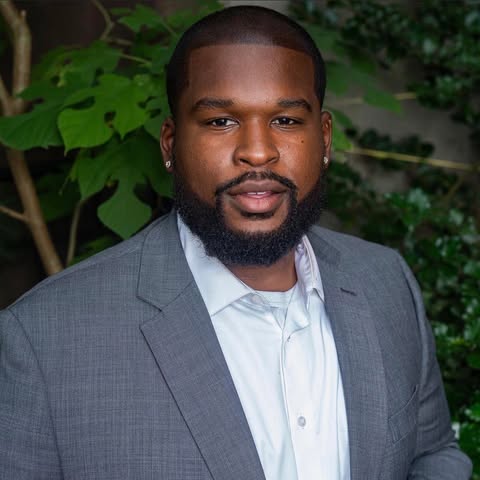
Jonathan Conyers is the author of the acclaimed memoir I Wasn’t Supposed to Be Here. He is also a respiratory therapist, writer, and producer, as well as the owner and investor of several successful business ventures. Through his storytelling and work, Conyers continues to amplify underrepresented voices and create impact across industries.
Share
What's Your Reaction?
 Like
0
Like
0
 Dislike
0
Dislike
0
 Love
0
Love
0
 Funny
0
Funny
0
 Angry
0
Angry
0
 Sad
0
Sad
0
 Wow
0
Wow
0
